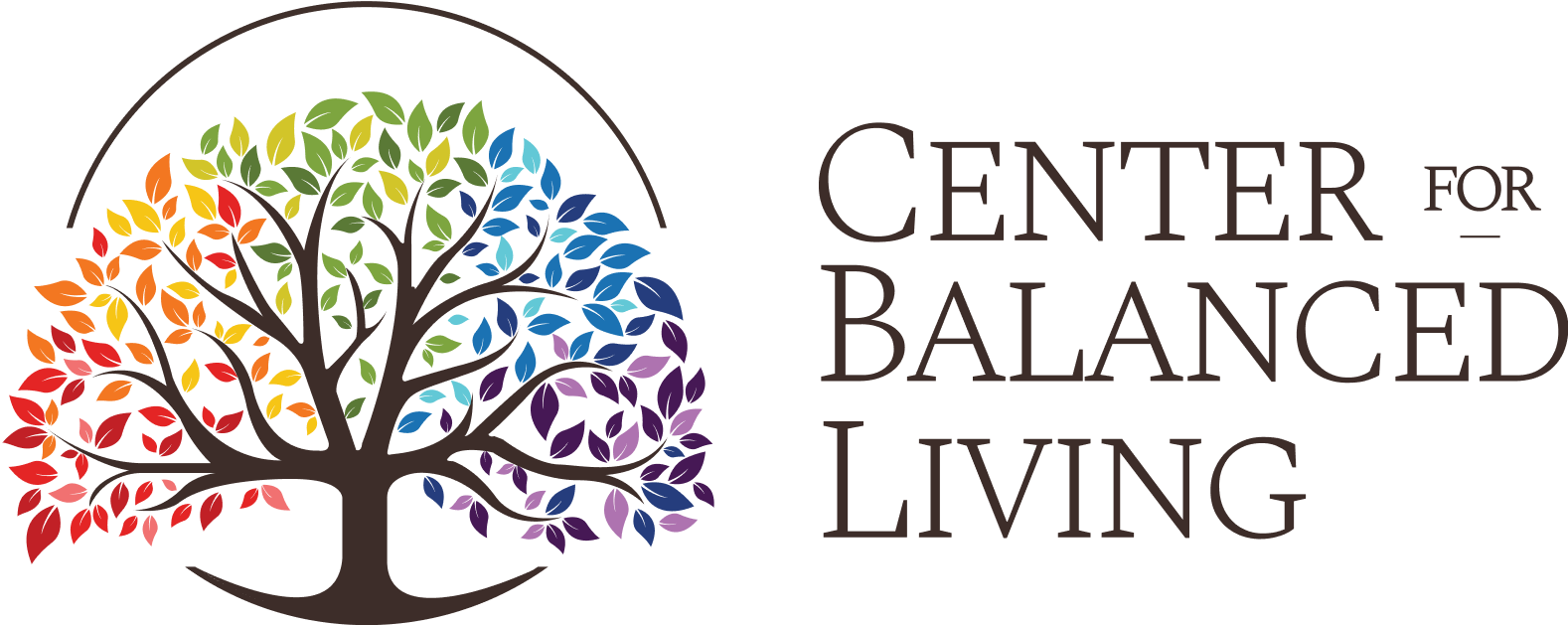Ecotherapy, also known as nature therapy, and is a broad therapeutic approach that utilizes the natural environment to promote mental and physical well-being. It encompasses a wide range of activities and interventions that involve interaction with nature, such as:
- Nature-based mindfulness and meditation: Practices that encourage focused attention on the present moment and sensory experiences in nature.
- Horticultural therapy: Engaging in gardening and plant-based activities to enhance emotional and social well-being.
- Wilderness therapy: Utilizing wilderness and outdoor adventure experiences to promote personal growth and resilience.
- Animal-assisted therapy: Incorporating interactions with animals to improve mood, reduce stress, and enhance social connection.
- Forest bathing (Shinrin-yoku): Immersing oneself in the forest atmosphere and mindfully connecting with nature.



Nature-based Mindfulness and Meditation:
- This practice involves guided meditation and mindfulness techniques that encourage individuals to focus on the present moment and connect with their senses in a natural setting.
- Activities may include mindful walking, sitting meditation, sensory awareness exercises, and nature contemplation.
- Benefits may include reduced stress, improved mood, increased self-awareness, and a deeper connection to nature.

Horticultural Therapy:
- This therapeutic approach utilizes gardening and plant-based activities to improve mental, physical, and social well-being.
- Activities may include planting, weeding, harvesting, propagating plants, creating floral arrangements, and maintaining gardens.
- Benefits may include enhanced motor skills, improved cognitive function, increased self-esteem, and opportunities for social interaction and community engagement.


Wilderness Therapy:
- This form of therapy utilizes wilderness and outdoor adventure experiences to promote personal growth, self-discovery, and resilience.
- Activities may include hiking, camping, backpacking, rock climbing, canoeing, and other outdoor challenges.
- Benefits may include improved self-confidence, increased problem-solving skills, enhanced teamwork and leadership abilities, and a greater appreciation for nature and the environment.



Animal-Assisted Therapy:
- This therapeutic approach incorporates interactions with animals to improve mental and physical health, reduce stress, and enhance social and emotional well-being.
- Activities may include petting, grooming, feeding, walking, and playing with animals such as dogs, horses, cats, and other domesticated species.
- Benefits may include reduced anxiety and depression, improved mood, increased motivation, and enhanced empathy and compassion.

Forest Bathing (Shinrin-yoku):
- This practice involves immersing oneself in the forest atmosphere and mindfully engaging with the sights, sounds, smells, and textures of the natural environment.
- Activities may include slow, mindful walking, sitting or lying down in nature, deep breathing exercises, and sensory awareness practices.
- Benefits may include reduced stress, improved mood, enhanced immune function, and a greater sense of calm and well-being.
The Underlying Principles of Ecotherapy
Ecotherapy is grounded in the belief that humans are inherently connected to nature and that spending time in natural environments can have a profound impact on our health and well-being. Some of the key principles of ecotherapy include:
- Biophilia: The innate human affinity for nature and living things.
- Attention Restoration Theory: The idea that exposure to nature can restore depleted attention and reduce mental fatigue.
- Stress Reduction Theory: The notion that nature can reduce stress levels and promote relaxation.
- Social Support and Connection: The belief that spending time in nature can foster social connection and support.
Biophilia: This concept highlights the inherent human connection to nature and living things. It suggests that humans have an instinctive bond with the natural world, which has evolved over millennia and is deeply ingrained in our biology and psychology. This connection manifests in various ways, such as our appreciation for natural beauty, our desire to spend time outdoors, and our affinity for animals and plants.
Attention Restoration Theory: This theory proposes that exposure to nature can replenish our cognitive resources and combat mental fatigue. It suggests that spending time in natural settings allows our directed attention to rest and recover, while also engaging our involuntary attention in a effortless and restorative way. This can lead to improved focus, concentration, and overall cognitive performance.
Stress Reduction Theory: This theory posits that nature has a calming and restorative effect on our mental and emotional state, reducing stress levels and promoting relaxation. Exposure to natural environments has been shown to lower blood pressure, heart rate, and cortisol levels, all of which are physiological indicators of stress. Furthermore, nature can evoke positive emotions, such as awe, wonder, and peacefulness, which can counteract the negative effects of stress.
Social Support and Connection: This concept emphasizes the role of nature in fostering social bonds and a sense of community. Spending time in natural settings can provide opportunities for social interaction, shared experiences, and a sense of belonging. This can lead to increased social support, enhanced well-being, and a greater sense of connection to others and the natural world.

The Benefits of Ecotherapy
Research suggests that ecotherapy can provide a wide range of benefits for mental and physical health, including:
- Reduced stress, anxiety, and depression: Spending time in nature has been shown to decrease levels of stress hormones, alleviate anxiety symptoms, and improve mood.
- Improved cognitive function: Exposure to nature can enhance attention, memory, and creativity.
- Increased physical activity: Ecotherapy often involves physical activity, which can improve cardiovascular health, strength, and flexibility.
- Enhanced self-esteem and self-awareness: Connecting with nature can promote self-reflection, self-acceptance, and personal growth.
- Greater sense of connection and belonging: Spending time in nature can foster a sense of connection to the natural world and a sense of belonging to a larger community.
Ecotherapy for Various Populations
Ecotherapy can be beneficial for people of all ages and backgrounds, including:
- Children and adolescents: Nature-based activities can help children develop social skills, improve self-esteem, and reduce stress.
- Adults: Ecotherapy can provide adults with a sense of calm, improve mental health, and promote physical activity.
- Older adults: Spending time in nature can help older adults maintain cognitive function, improve mood, and reduce social isolation.
- Individuals with mental health conditions: Ecotherapy can be a valuable adjunct to traditional mental health treatment for conditions such as depression, anxiety, and PTSD.
- Individuals with physical disabilities: Adapted ecotherapy programs can provide opportunities for people with disabilities to experience the benefits of nature.
Want more information about getting started with Ecotherapy?




